In the coming days, cardinals will converge in the Vatican to choose the next head of the Catholic Church.
Pope Francis, who died on April 21 at the age of 88, was lauded by his supporters as a reformer who infused the church with compassion and humanity — but his legacy in Ukraine is far more complex.
The first Latin American pontiff's statements on the Russia-Ukraine war were often seen as relativizing the aggressor's responsibility. His description of Ukrainians and Russians as "brothers" was perceived as painfully out of touch amid Moscow's brutal war and the war crimes that it had committed.
The next person to sit on the papal throne will play a decisive role in how the Catholic Church reconciles with the moral, social, and political impacts of the largest war in Europe since World War II.
The results of the conclave — a voting process set to begin 15-20 days after the pope's death, with 135 eligible cardinal electors — are famously hard to predict. Yet some cardinals, the so-called papabili, stand out as likely successors to Pope Francis.
While by no means a complete list of potential candidates, this summary zeroes in on those notable for their views or actions regarding Ukraine, Russia, or ties to relevant political players.
Pope Francis leaves a mixed legacy in wartime Ukraine, overshadowed by historic Vatican-Moscow ties
Pope Francis, who passed away on April 21 at 88, leaves behind a legacy as vast and varied as his global influence. Yet in Ukraine, his track record is far from positive. For many Ukrainians, the Pope’s legacy is shaped by his repeated downplaying of the gravity of Ukraine’

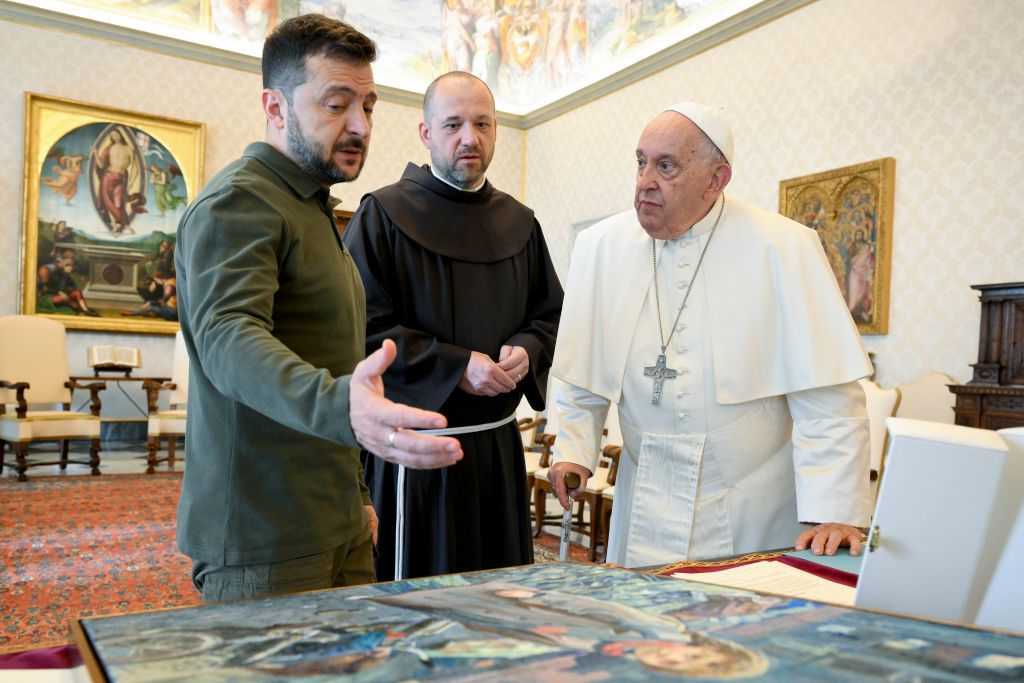
Pietro Parolin: Seasoned diplomat who 'knows Ukraine'
Pietro Parolin, 70, is often named the front-runner to succeed Pope Francis. The Italian cardinal served until recently as the Vatican's secretary of state, the Church's most powerful political role, overseeing its diplomatic affairs.
Often described as a moderate centrist, Parolin has 30 years of diplomatic service under his sleeve, leading the Church's diplomatic outreach to anti-religious regimes in China, Vietnam, and Venezuela.
Parolin's 2017 diplomatic mission to Russia, during which he met Russian President Vladimir Putin at his Sochi residence, stirred controversy. Critics said the visit helped Moscow score diplomatic points while having little effect on its actual policies.
Still, Ukrainian observers have evaluated the cardinal more positively since the start of Russia's all-out war.
Andrii Yurash, Ukraine's ambassador to the Vatican, described him as a man who knows the country "very well" and who "made an extraordinary effort to ensure that the Ukrainian position is supported by the Holy See in various ways."
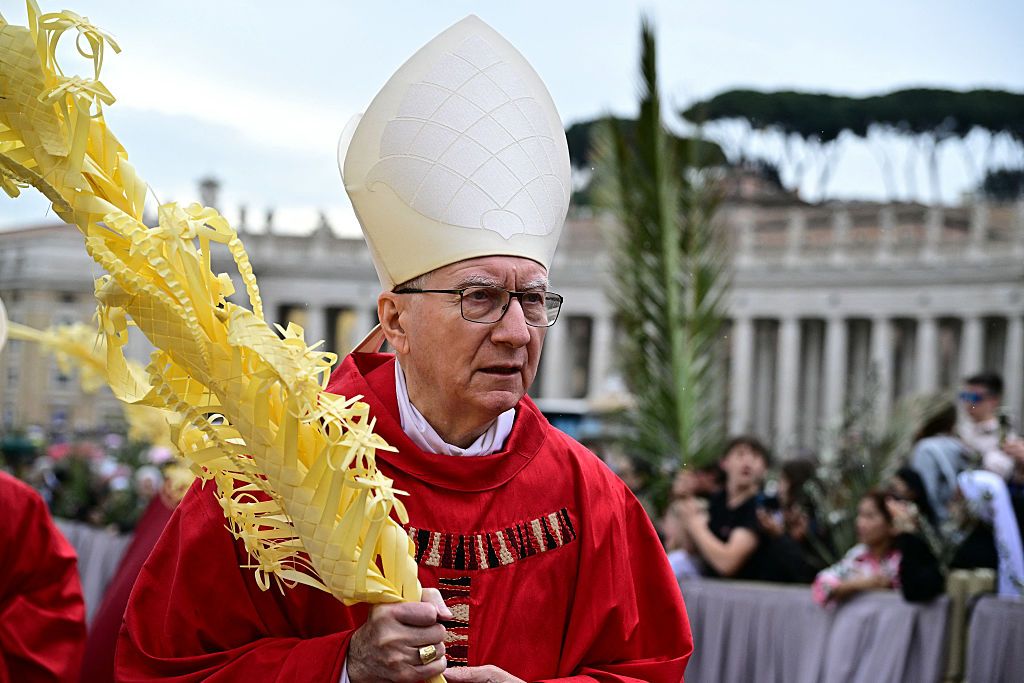
Parolin has repeatedly supported Ukraine's right to defend itself against Russia's aggression and argued that sending arms to the besieged country is morally legitimate. He has also visited Ukraine during the full-scale war, meeting political and religious leaders.
Talking about U.S. President Donald Trump's efforts to broker peace, the cardinal urged an end to the fighting but warned: "Peace cannot be imposed, it is built patiently, day after day, with dialogue and mutual respect."
"It is up to the Ukrainians themselves to decide what they want to negotiate about or, possibly, concede," he told La Repubblica.
Anatolii Babynskyi, a Church historian at the Ukrainian Catholic University in Lviv, noted that Parolin has spoken more decisively and clearly on Ukraine than Pope Francis.
"I think that he (Parolin) understands what is happening in Ukraine, and he understands the threat of Russian aggression against Ukraine for Europe and the whole world, for the international order," Babynskyi told the Kyiv Independent.
Matteo Zuppi: Pope Francis's peace envoy
Matteo Zuppi, the 69-year-old archbishop of Bologna and president of the Italian bishops' conference, is another Italian papabile with experience with Ukraine.
The reform-minded progressive is often viewed as the most likely candidate to continue the late pope's direction, with Babynskyi referring to him as "(Pope) Francis's man."
In 2023, Francis appointed Zuppi his Ukraine peace envoy, tasking him to "ease tensions" by facilitating the release of Ukrainian children abducted by Russia and a prisoner exchange.
This undertaking brought the cardinal to Ukraine, where he met President Volodymyr Zelensky.
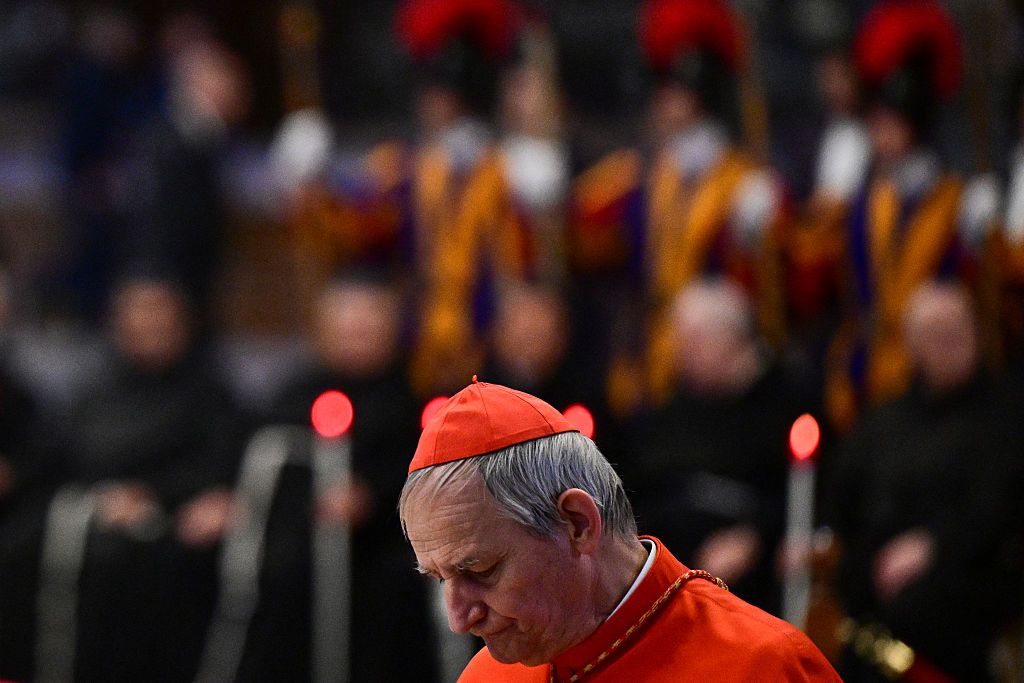
He has also repeatedly traveled to Moscow for talks with high-level Russian officials, including Foreign Minister Sergey Lavrov, Moscow Patriarch Kirill, or Maria Lvova-Belova, the Russian official under an ICC warrant over her role in the children's abductions.
Zuppi has urged intensified peace efforts, saying that the "war is a pandemic" that "involves us all," pointing to Russia's invasion's global impacts, for example, on food security.
However, one source of Ukrainian frustration with Zuppi is his ties to the Community of Sant'Egidio, a lay Catholic group engaged in global peace initiatives and humanitarian work.
"This community… has very close ties with the Moscow Patriarchate and, personally, with Patriarch Kirill of Moscow and Metropolitan Alfeyev," Babynskyi said, noting that the organization has been reluctant to name Russia as the aggressor and urged non-violent resistance on Ukraine's part.
Peter Erdo: Orban's ally
Peter Erdo is the 72-year-old archbishop of Esztergom-Budapest and primate of Hungary, considered one of the foremost candidates of the church's conservative wing.
His hardline views on same-sex unions and migration put him in ideological proximity to Hungary's strongman, Prime Minister Viktor Orban.
Cardinal Erdo has largely refrained from criticizing Orban over democratic backsliding and rule-of-law concerns — including the controversial 2021 anti-LGBT law resembling Russian legislation.
Observers have also noted Orban's Fidesz party's efforts to boost Erdo's candidacy, and Orban himself has praised the Hungarian cardinal.
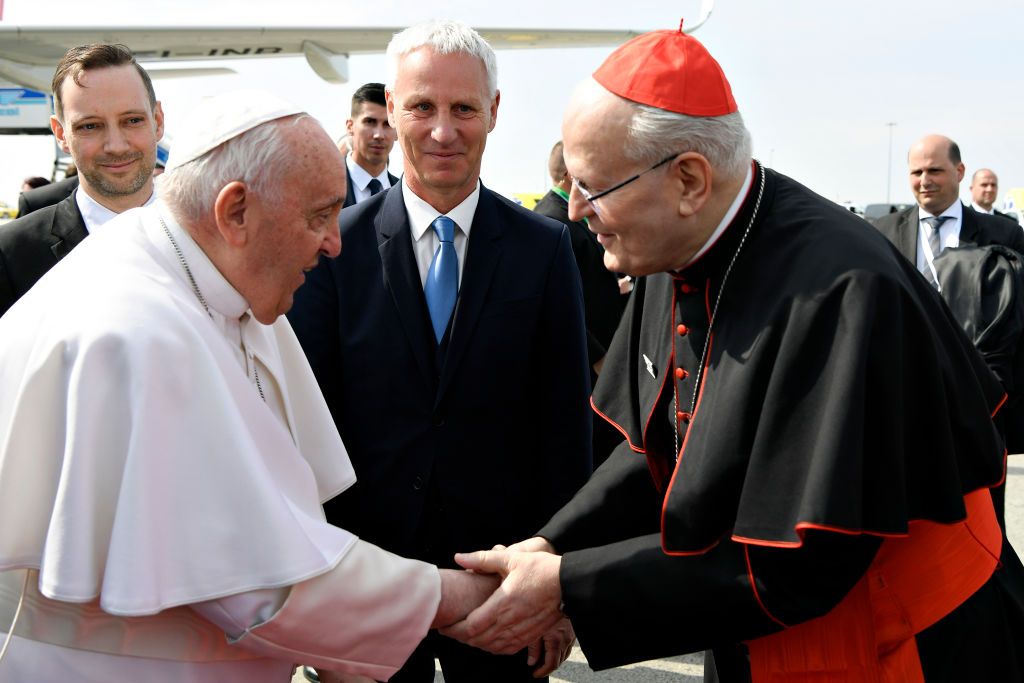
Proximity to Orban would not be a positive signal for Ukraine, as the Hungarian leader has been the most vocal opponent of Western aid for Kyiv and an advocate for reconciliation with Russia.
Yet, Erdo has avoided commenting on the war in strong terms, preferring to keep a low profile in the media. His message was usually that of reconciliation between Ukraine and Russia.
"The news of the war that broke out a year ago and went on all this year means a lot of sadness for us," Erdo said in an interview in 2023. "We also regularly hold peace processions and have consecrated Ukraine and Russia to Our Lady, as the Holy Father had invited us to do."
Erdo has also strongly advocated for dialogue between the Catholic Church and Eastern Orthodox Christians, being described as a "bridge between West and East."
Raymond Leo Burke: Trump-aligned arch-conservative
Raymond Leo Burke, 76, is a U.S. cardinal considered the ideological nemesis of late Pope Francis.
The Wisconsin native who served as patron of the Sovereign Military Order of Malta from 2014 to 2023 has sharply criticized Francis's liberal views on LGBT unions and other social issues.
Burke is a fervent opponent of abortion and said former U.S. President Joe Biden should not be allowed to receive Holy Communion over his pro-abortion policies.
The U.S. cardinal also has a penchant for conspiracy theories, once saying that the Covid-19 pandemic has been used by "certain forces ... to advance their evil agenda," and he criticized vaccinations.
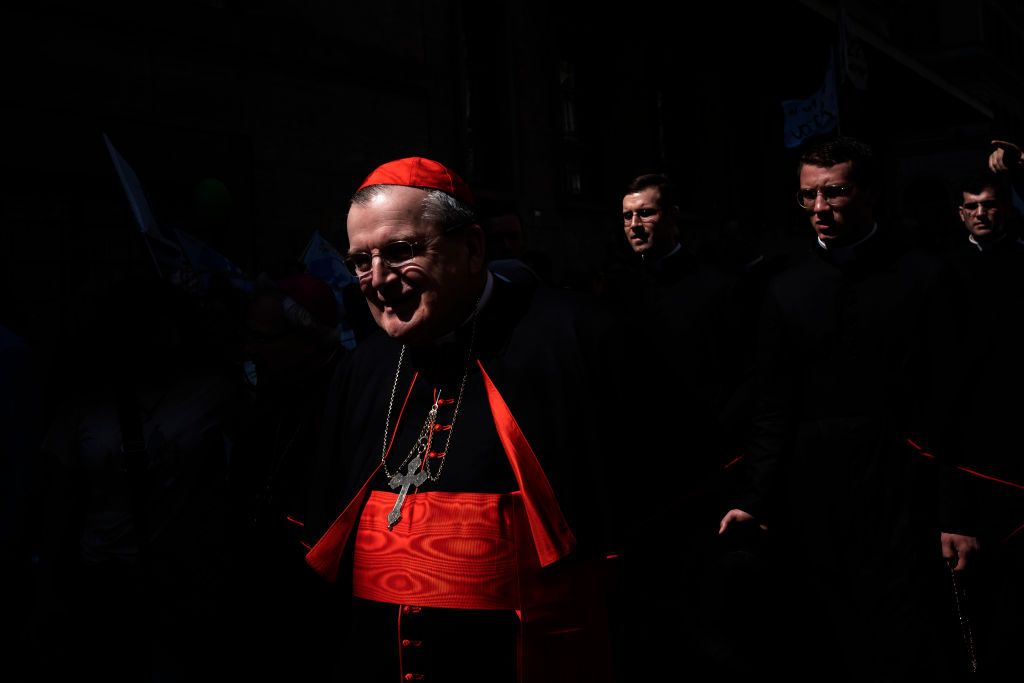
His views positioned him quite clearly on the U.S. political map. Burke has endorsed Trump for the 2016 and 2020 elections based on the latter's supposed "great disposition" towards the Church's moral guidelines.
Trump has ended Biden's decisively pro-Ukraine policy, refusing to approve additional military aid for Kyiv in the name of ceasefire talks. His peace efforts have largely favored Russia, offering Moscow significant concessions while exerting considerable pressure on Kyiv to accept it.
Robert Sarah: 'Anti-woke pope' admiring Russian Orthodoxy
Robert Sarah, the 79-year-old prelate from Guinea, is one of the several papabili hailing from the African continent.
While not seen as the most likely successor to the papal seat, Sarah has caught the attention of the online right-wing crowd with his firmly conservative views on issues ranging from migration to secularism.
His writings often warn against the decay of Western society due to the abandonment of its Christian roots — at times looking for inspiration to the Russian Orthodoxy.
"In Russia, the Orthodox Church has to a great extent resumed its pre-1917 role as the moral foundation of society," reads a passage in The Day is Now Far Spent, a 2019 book Sarah co-authored with French journalist and writer Nicolas Diat.
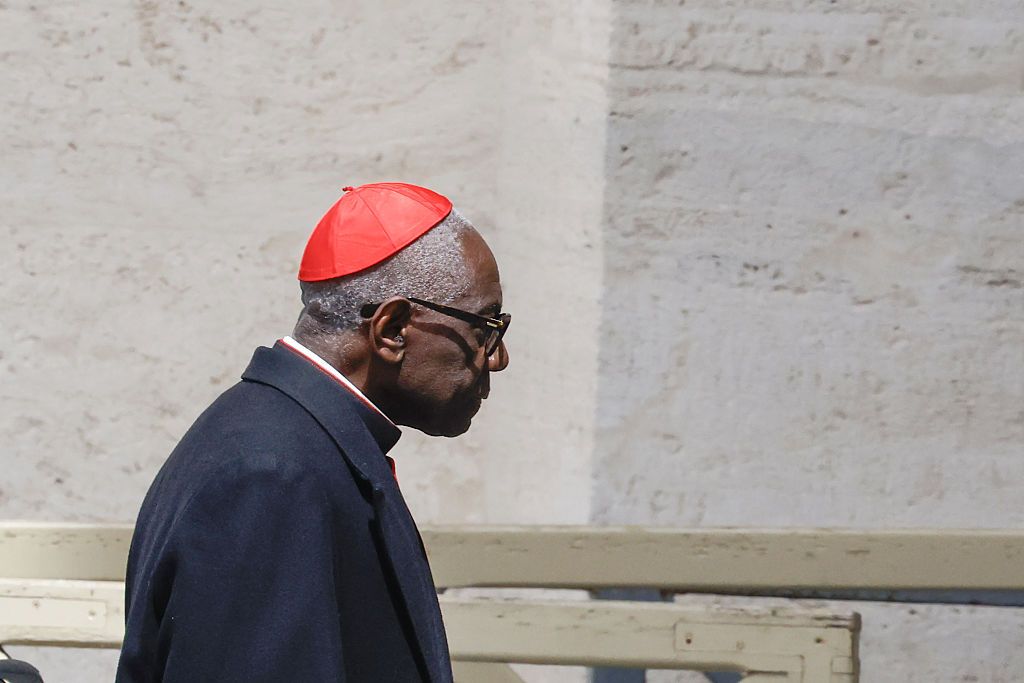
"This arouses political opposition, but also a deep hatred on the part of the post-Christian elites of the West, not only vis-à-vis Russia, but also against the Russian Orthodox Church and, by extension, against Orthodox Christianity itself."
The passages preceded Russia's full-scale invasion but came after Moscow illegally occupied Crimea and instigated a war in Ukraine's east.
"The overtly political attack that aims to pit Ukraine against the Russian Orthodox Church under the authority of Patriarch Kirill of Moscow is a dangerous, stupid provocation."
Patriarch Kirill has openly supported Russia's aggression in Ukraine, and numerous testimonies point to Moscow carrying out repressions against Ukrainian religious communities in the occupied territories.
Luis Antonio Gokim Tagle: A progressive who ran humanitarian aid for Ukraine
Luis Antonio Gokim Tagle, a 67-year-old Filipino cardinal, is frequently cited as one of the leading candidates for the papacy. Should he be selected, he would make history as the first Asian pope.
Tagle is seen as a progressive focused on social issues and pastoral work rather than theological matters. He has his foot in several dicasteries and curias, including the Dicastery for Evangelization.
As the former head of Caritas Internationalis, the church-run network of humanitarian aid organizations, Tagle oversaw efforts that provided relief to some 160,000 people in Ukraine and Ukrainian refugees abroad at the start of Russia's all-out invasion in 2022.
Nevertheless, Tagle has been restrained in his commentary on the war, turning to general phrases about suffering and war rather than denunciations of the aggressor.
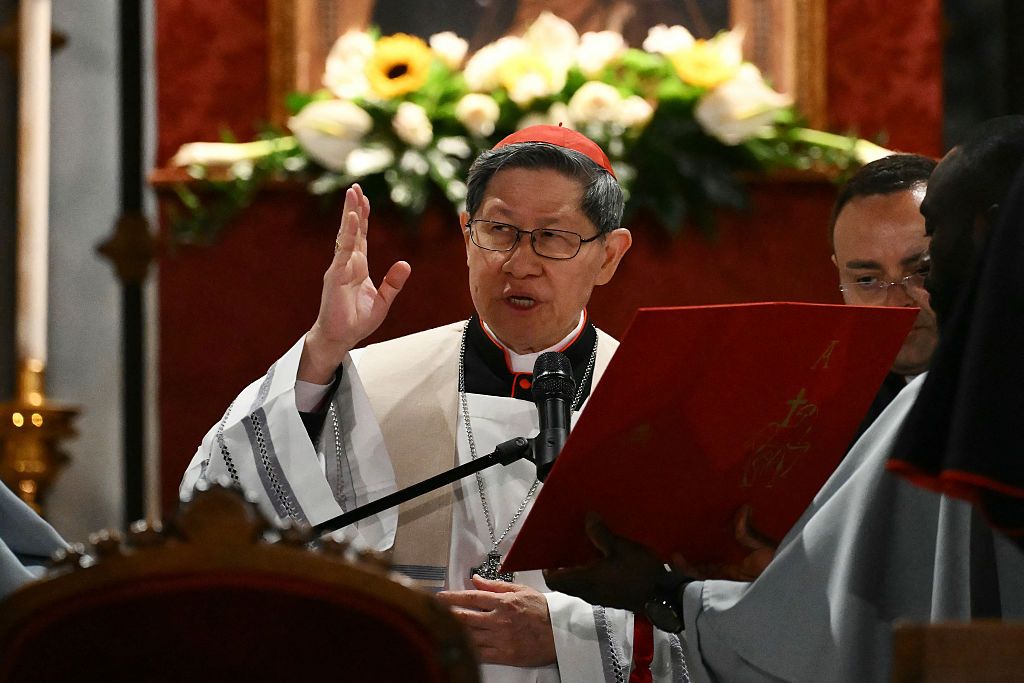
When a Russian tank shell killed two Ukrainian Caritas workers and their five family members in besieged Mariupol, Tagle expressed "deep sadness and shock" and urged "the international community to exert every effort to bring this violence to an end, to return to dialogue."
Tagle did not oversee Caritas' work in Ukraine for long. In November 2022, Pope Francis dismissed him and the entire staff amid accusations of poor management that affected "team spirit and staff morale."
There are other prospective papabili, including the Latin patriarch of Jerusalem, Cardinal Pierbattista Pizzaballa, Maltese Cardinal Mario Grech, Ghanaian Prelate Peter Turkson, and others.
Whoever is chosen as the next pope will become the guiding voice for 1.4 billion Catholics worldwide, shaping their understanding of today's challenges, including Russia's war on Ukraine.
Ukraine to continue fighting with or without Trump, experts say
Russia is waging small-scale assaults across the entire front, but the situation on the battlefield is nowhere near bad enough for Ukraine to be forced into an unfavorable peace deal, military analysts and soldiers told the Kyiv Independent. Since Ukraine announced the start of the Russian spring offensive in early

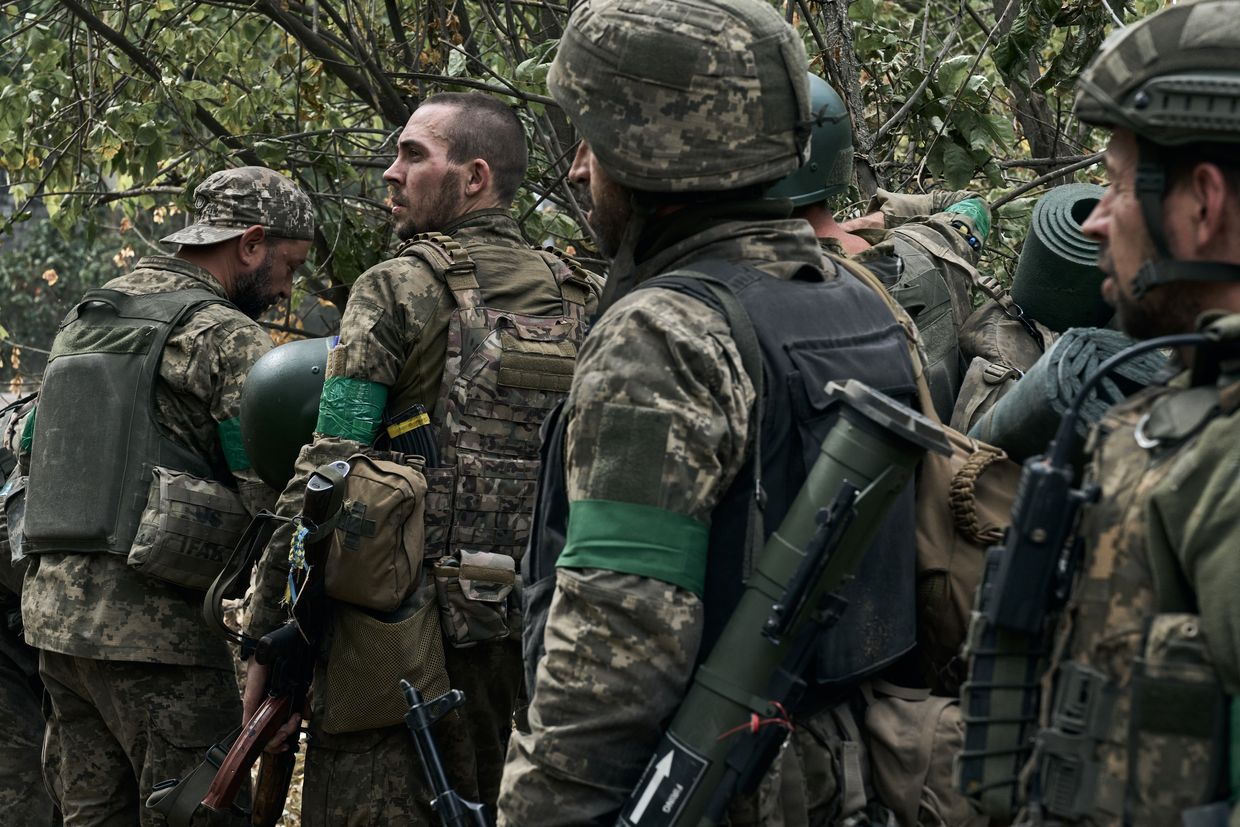
.png)
 German (DE)
German (DE)  English (US)
English (US)  Spanish (ES)
Spanish (ES)  French (FR)
French (FR)  Hindi (IN)
Hindi (IN)  Italian (IT)
Italian (IT)  Russian (RU)
Russian (RU)  10 hours ago
3
10 hours ago
3
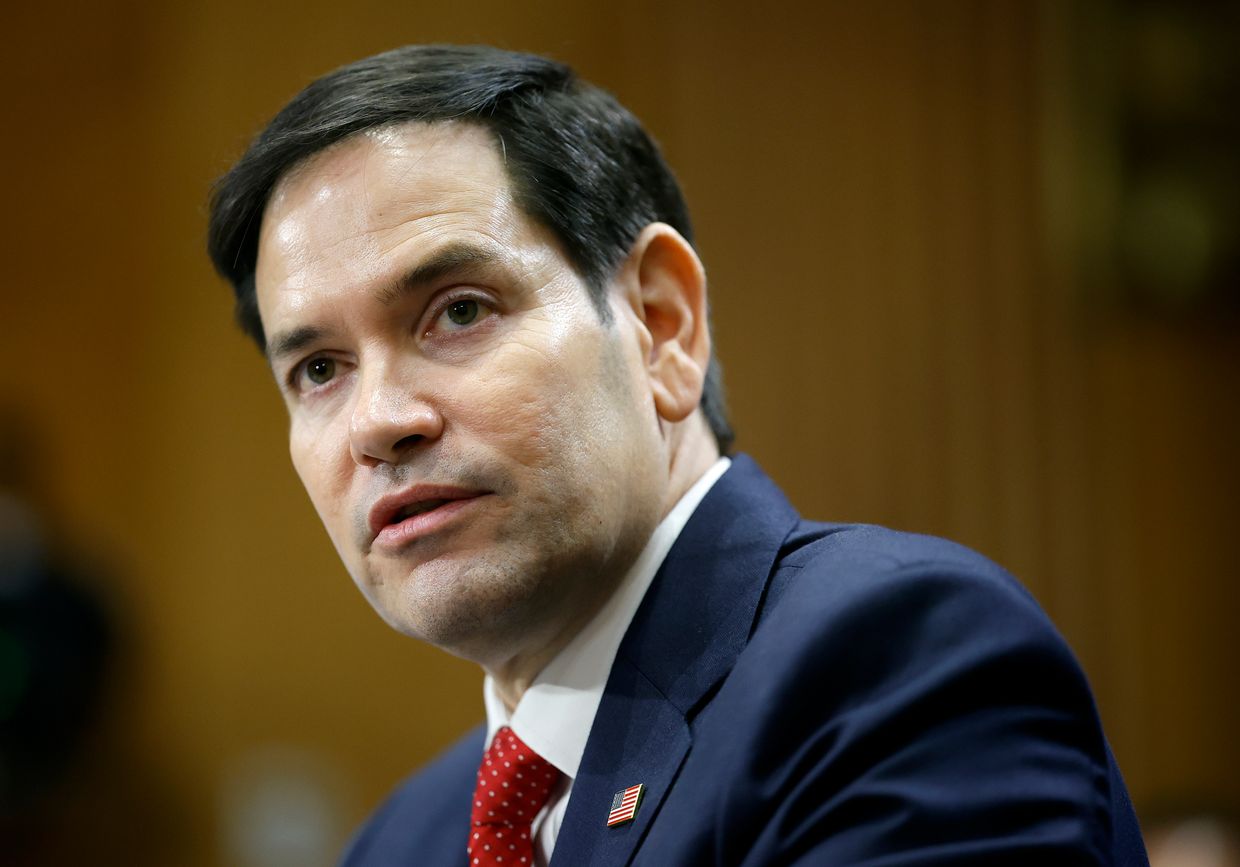
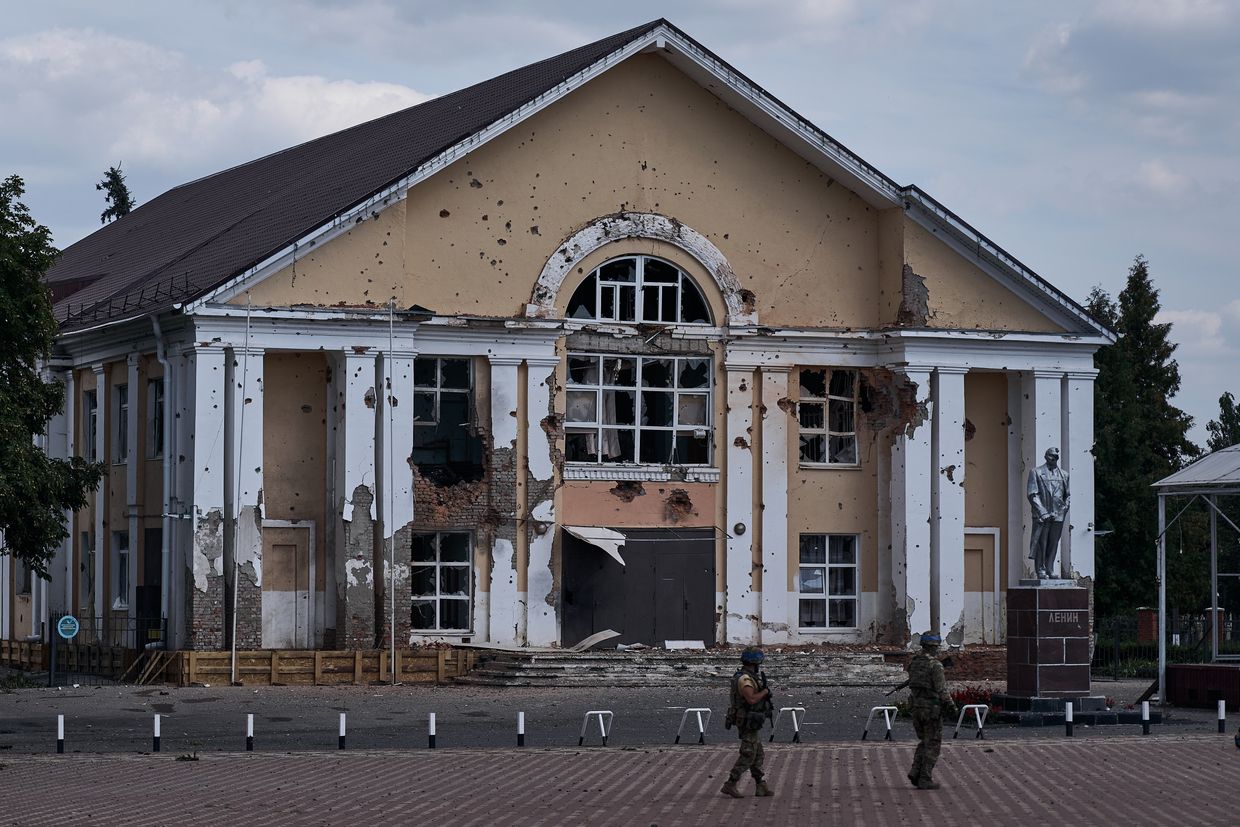
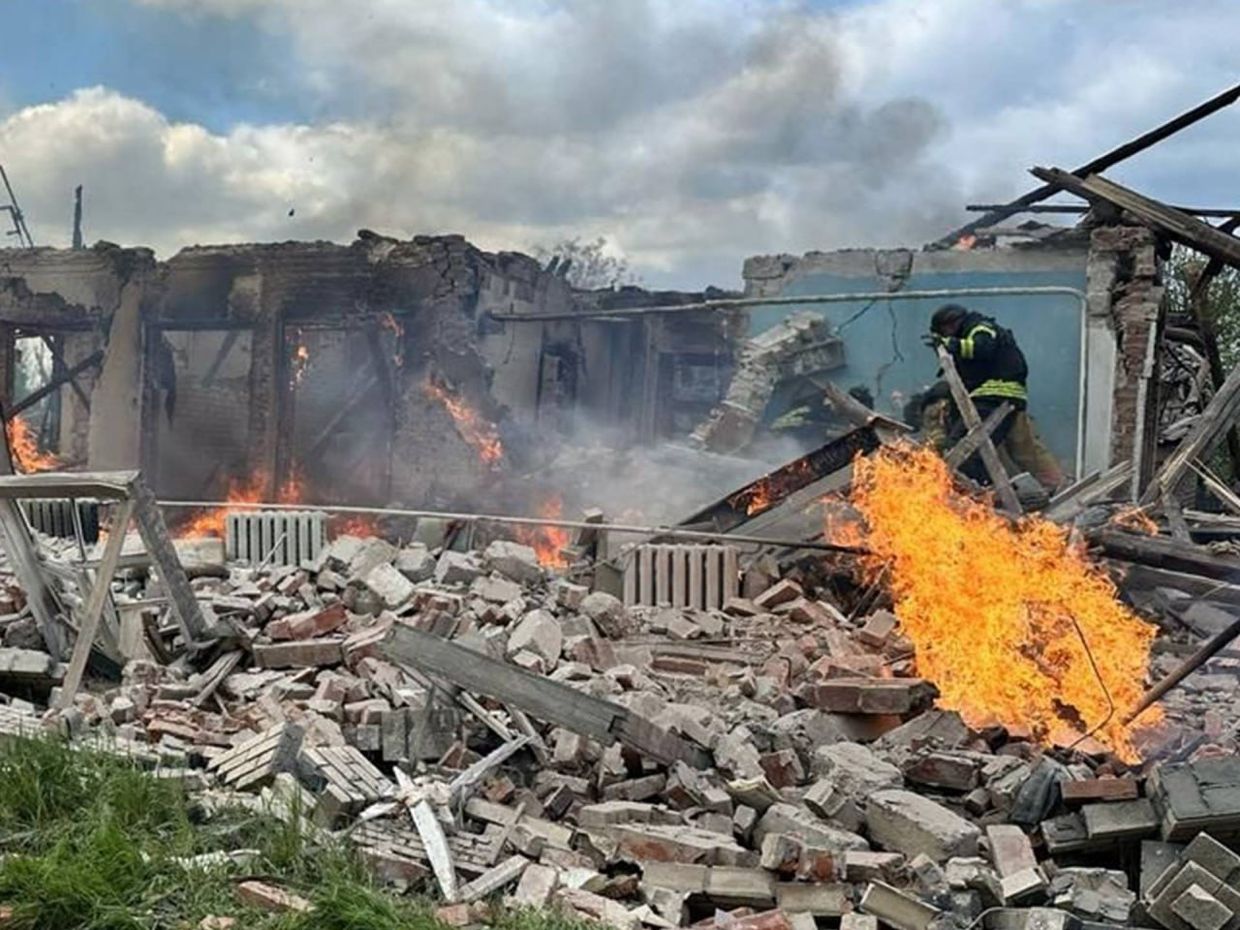
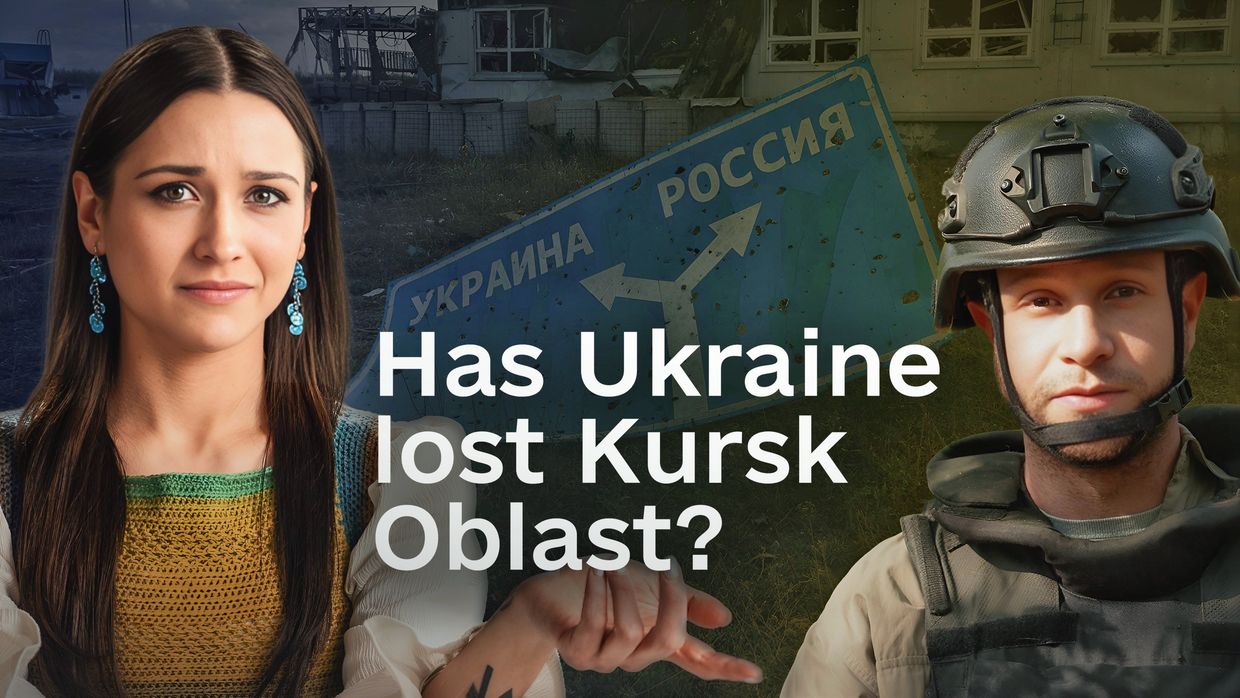

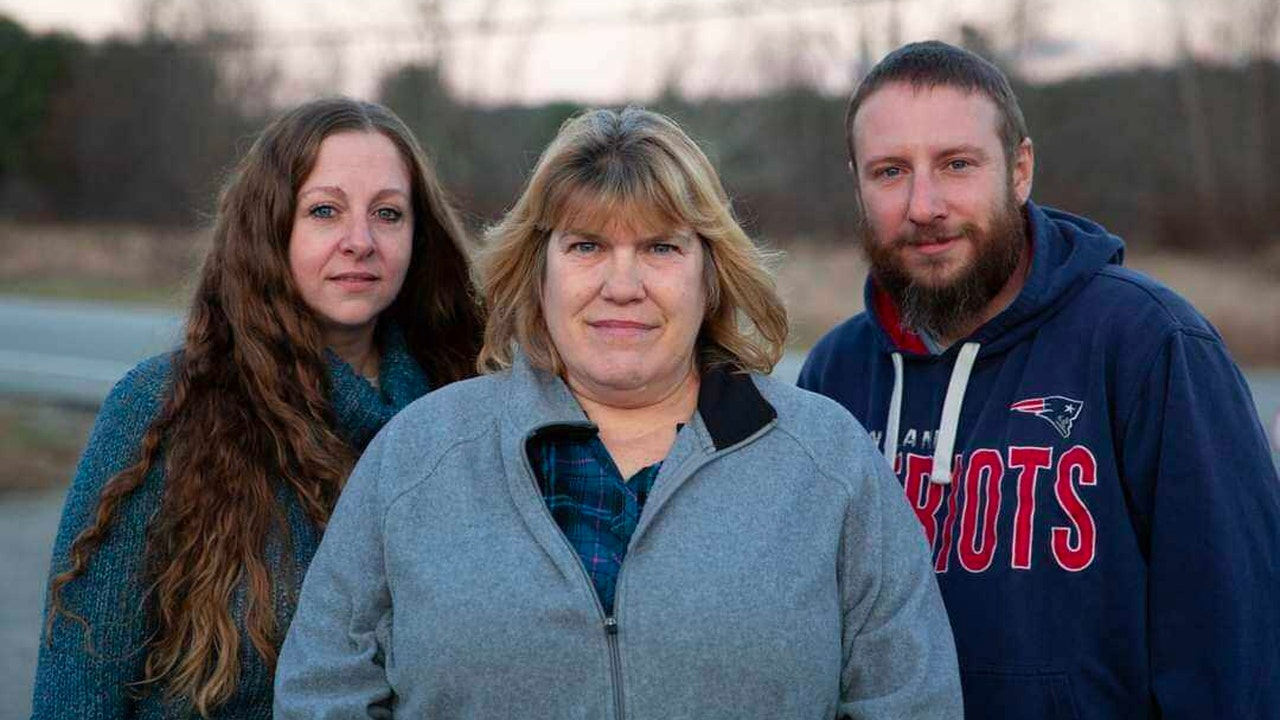



Comments